French military troops who have been in Ivory Coast for decades will soon be leaving, Ivorian officials have said, signalling more diplomatic setbacks for France amid local resentment that has caused one-time allies in West and Central Africa to sever ties with Paris.
President Alassane Ouattara’s announcement on Tuesday puts Ivory Coast on a growing list of African countries cutting military ties with the once greatly influential former colonial power, as some former French allies also turn to Russian mercenaries for help fighting a swarm of armed groups in the region.
Within days of each other in November, Chad and Senegal expelled French troops, joining several Sahel countries that had earlier done the same, starting in 2021.
The wave of pushback has forced France to devise a new military strategy for the continent that officials say will be in line with the “needs” of partner countries. Temporary deployments, rather than permanent military presence, and more focus on training local forces, are some features of the new policy.
Here’s what to know about why Ivory Coast has joined the list and how France’s influence in the region is waning:

Why is Ivory Coast expelling French troops?
In his 2024 end-of-year address to the country on December 31, President Ouattara said the Ivorian government had decided to expel French troops because the Ivorian army is “now effective”. The president did not give any other reasons.
“We can be proud of our army, whose modernisation is now effective. It is within this context that we have decided on the concerted and organised withdrawal of French forces,” Ouattara said.
The 43rd Marine Infantry Battalion (BIMA), a French army base located in Port-Bouet in the economic capital, Abidjan, will be “handed over” to the Ivorian military starting from January 2025, he added. French soldiers have been helping the Ivorian army in the fight against armed groups operating in the Sahel and expanding into countries along the Gulf of Guinea, including Ivory Coast and Ghana. France also operated as part of a United Nations peacekeeping mission during the country’s long civil war from 2002 to 2011.
Ouattara’s announcement on Tuesday was unexpected. The president is seen by many as one of the African leaders most close to France. In a country in which anger against France is growing, that perception has bred deep resentment of the government. In August, French President Emmanuel Macron feted Ouattara in a private dinner at the Elysee.
Analysts say Ouattara’s decision to cut military ties could also be political, as Ivorians gear up for general elections slated for October. Ouattara, who has been in power since 2010, has not yet said whether he will seek a fourth term in the polls. His decision to run for president in 2020 following the sudden death of his successor and prime minister, Amadou Gon Coulibaly, provoked widespread outrage in opposition camps.

Why is France facing general pushback in Francophone Africa?
France has faced unprecedented, bitter criticism from citizens in its former colonies in West and Central Africa in recent years. From Mali to Ivory Coast, thousands of people have taken to the streets in mass protests, demanding that their governments cut ties with Paris for good.
Some of the resentment dates back to historical controversies linked to colonialism. The French direct rule during colonisation was perceived to have weakened traditional institutions, culture, and leadership while forcing European officials and customs on locals. French officials ruling the colonies were perceived as particularly harsh, both in their administration and attempts to increase France’s economic footholds.
After countries won their independence in the 1960s, Paris built a strong web of connections with African leaders and elites, termed “Francafrique” to protect France’s vast economic interests and to keep French troops on the ground. More than 200 French companies operate on the continent, including oil and gas giant Total, and Orano, which mines uranium to power France’s nuclear power plants. French troops too have operated across the region, providing training and assisting local militaries.
However, in the last five years, military-led governments in the Sahel region have pushed back at the perceived weakness of the French army. Despite the presence of thousands of French soldiers, armed group activity continued to turn the area into a hotspot of violence as groups like Jama’at Nusrat al-Islam wal-Muslimin (JNIM) wage war on security forces and officials across Mali, Burkina Faso, and Niger. Increasingly, armed groups have made incursions into the coastal Ivory Coast, Ghana, and Benin.

Which countries have expelled French troops and why?
By January 2025, six African countries – Mali, Burkina Faso, Niger, Chad, Senegal, and Ivory Coast – had cut military ties with France.
Mali: In August 2020, a group of soldiers from the Malian Armed Forces mutinied and seized power from the civilian government in Bamako, citing its inability to stop increasing levels of violence. After France denounced the coup, the military government played up populist narratives and blamed France for interfering in the country’s decision-making. Hundreds took to the streets, praising the military and calling for France to leave. The coup kicked off a series of takeovers in Burkina Faso, Niger, Guinea and Gabon.
In June 2021, Macron announced French forces would leave the Sahel in a phased-out manner. By December 2023, the exit was complete. Mali has since strengthened ties with Russia, and Russian mercenaries are currently operating in the region. Conflict has continued – more than 5,000 people died across the Sahel in the first half of 2024, and millions remain displaced, according to conflict tracker, ACLED.
Burkina Faso: The current military government seized power in January 2022 on the back of resentment against a civilian government seen as powerless against armed groups, and the French government believed to be backing it. In February 2023, the military government ordered French troops to leave Burkinabe soil within a month. Some 300 Russian troops were thought to have arrived in the country in January 2024.
Niger: As civilian governments fell in neighbouring countries, the military there too staged a coup in July 2023, overthrowing and detaining President Mohamed Bazoum. Many Nigeriens marched in favour of the military and called for French troops stationed in Niamey to leave. In December 2023, the military government expelled French soldiers.
Senegal: In November 2024, President Bassirou Diomaye Faye said that France “should” shut down its military bases from 2025 because French military presence was not in line with Senegal’s sovereignty. The declaration came as Senegal marked 80 years after a colonial-era massacre that saw French troops kill tens of West African soldiers angry at their treatment after fighting for Paris in World War II. There are 350 French troops stationed in the country.
Chad: Officials, also in November, announced that Chad was ending a military pact with France in place since the 1960s. The country was a key link in France’s military presence in Africa and its last foothold in the wider Sahel region. Foreign Minister Abderaman Koulamallah called France “an essential partner” but said it “must now also consider that Chad has grown up, matured and is a sovereign state that is very jealous of its sovereignty”. There are 1,000 French troops stationed in the country.
Does France still have any military presence in Africa?
Yes, France maintains a large military base in Djibouti, eastern Africa. The country, also a former colony of France, hosts close to 1,500 French troops and is one of France’s largest overseas military contingents.
In West and Central Africa, France continues to retain a small presence in Gabon where it has about 300 troops. Gabon’s army seized power in a coup in August 2023, ending five years of the Bongo family’s rule.
However, unlike other military-led countries in the region, Paris has maintained ties with Gabon’s military government, likely because of the resentment the ruling family drew, some analysts say.

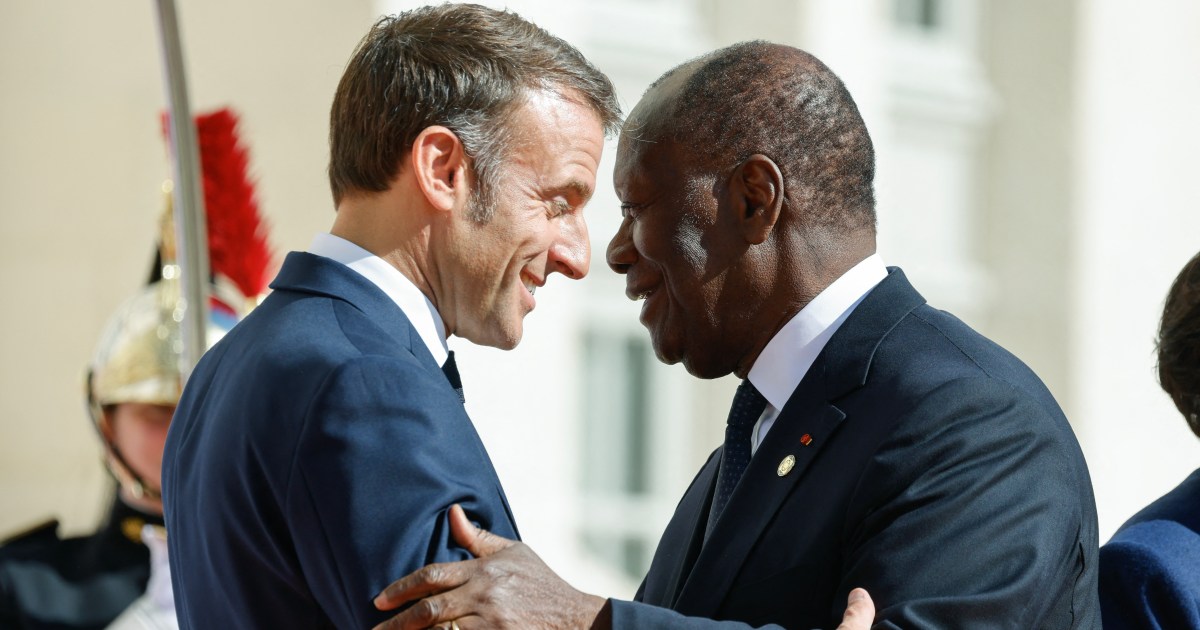

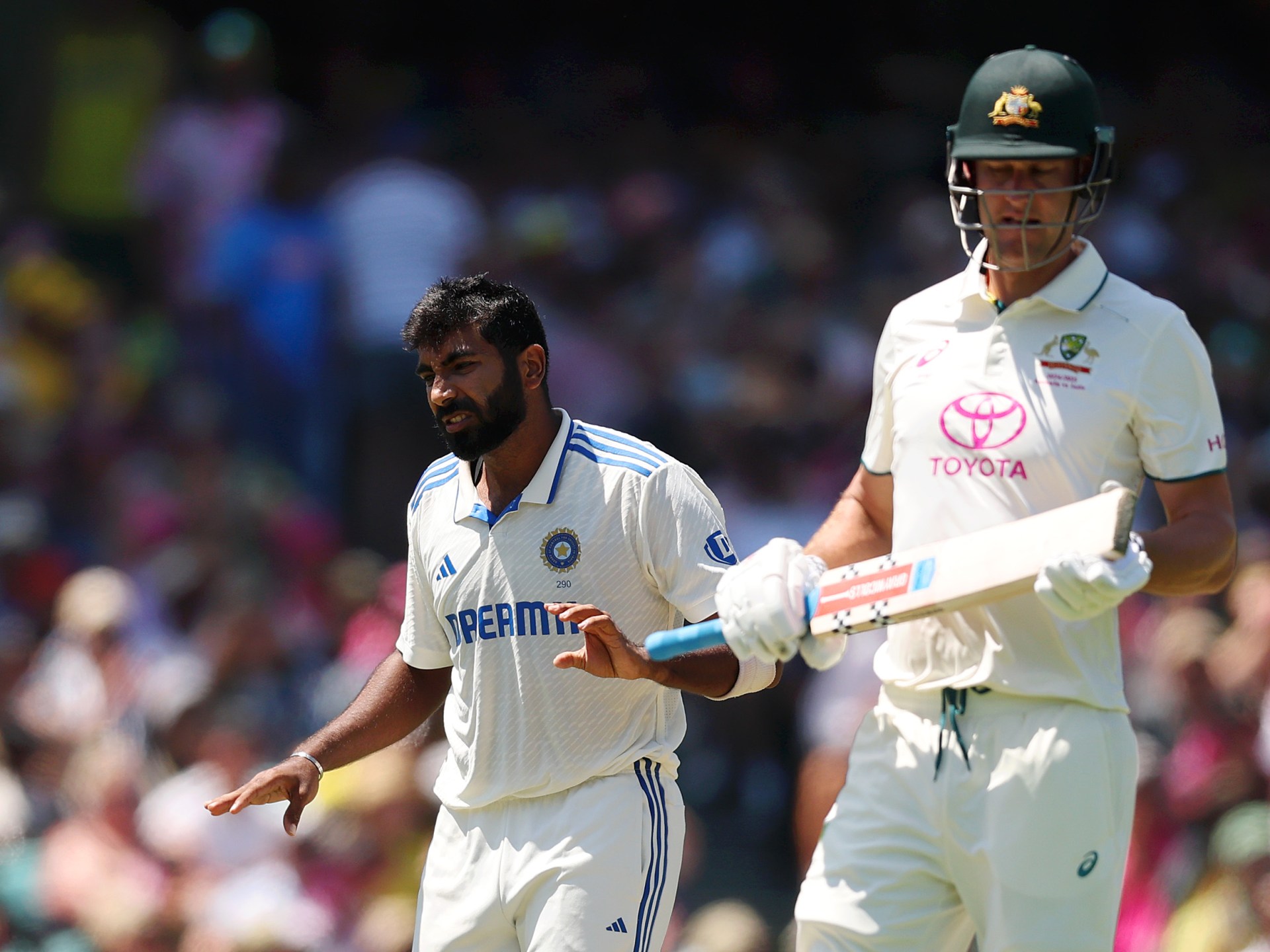
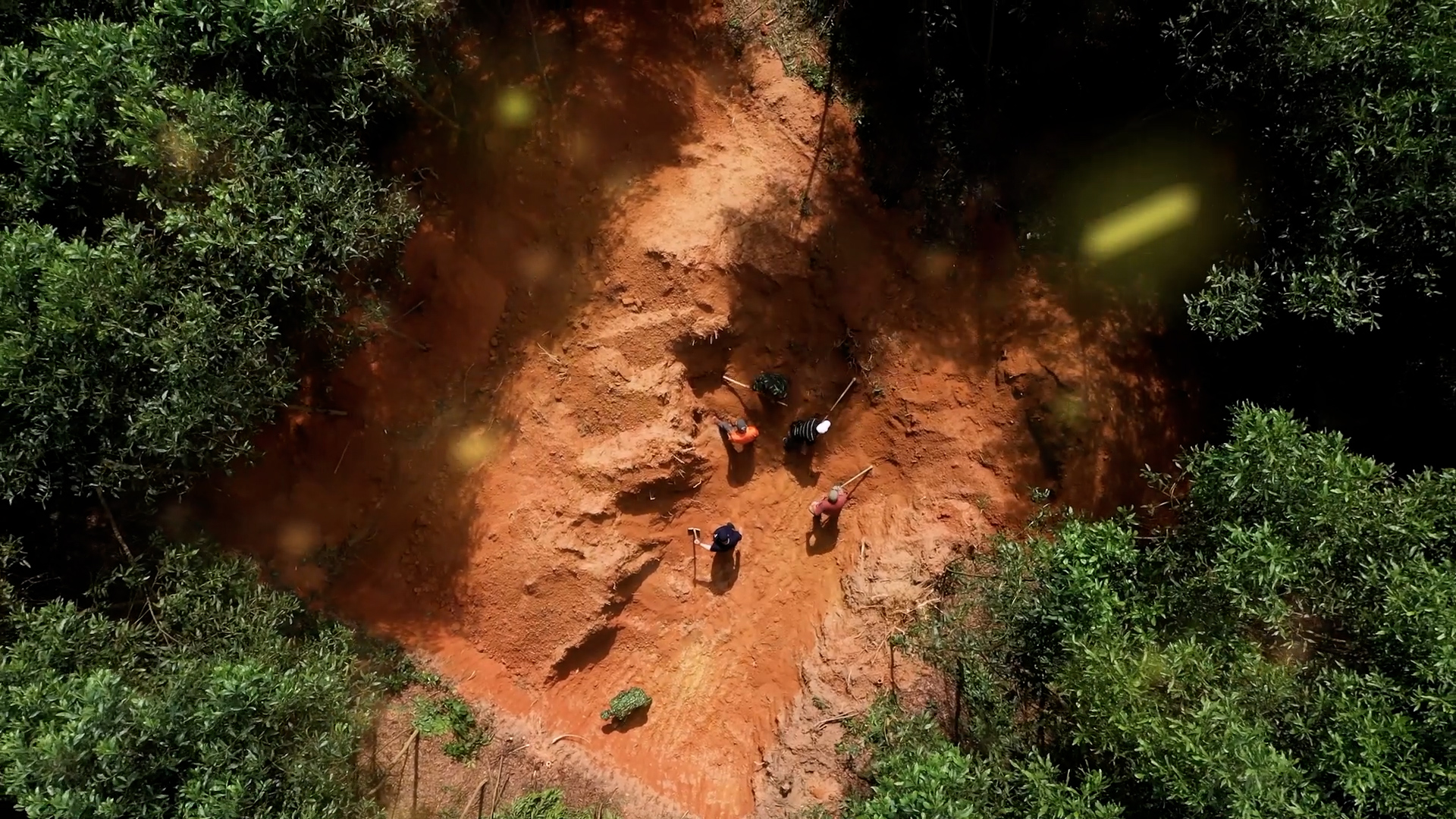
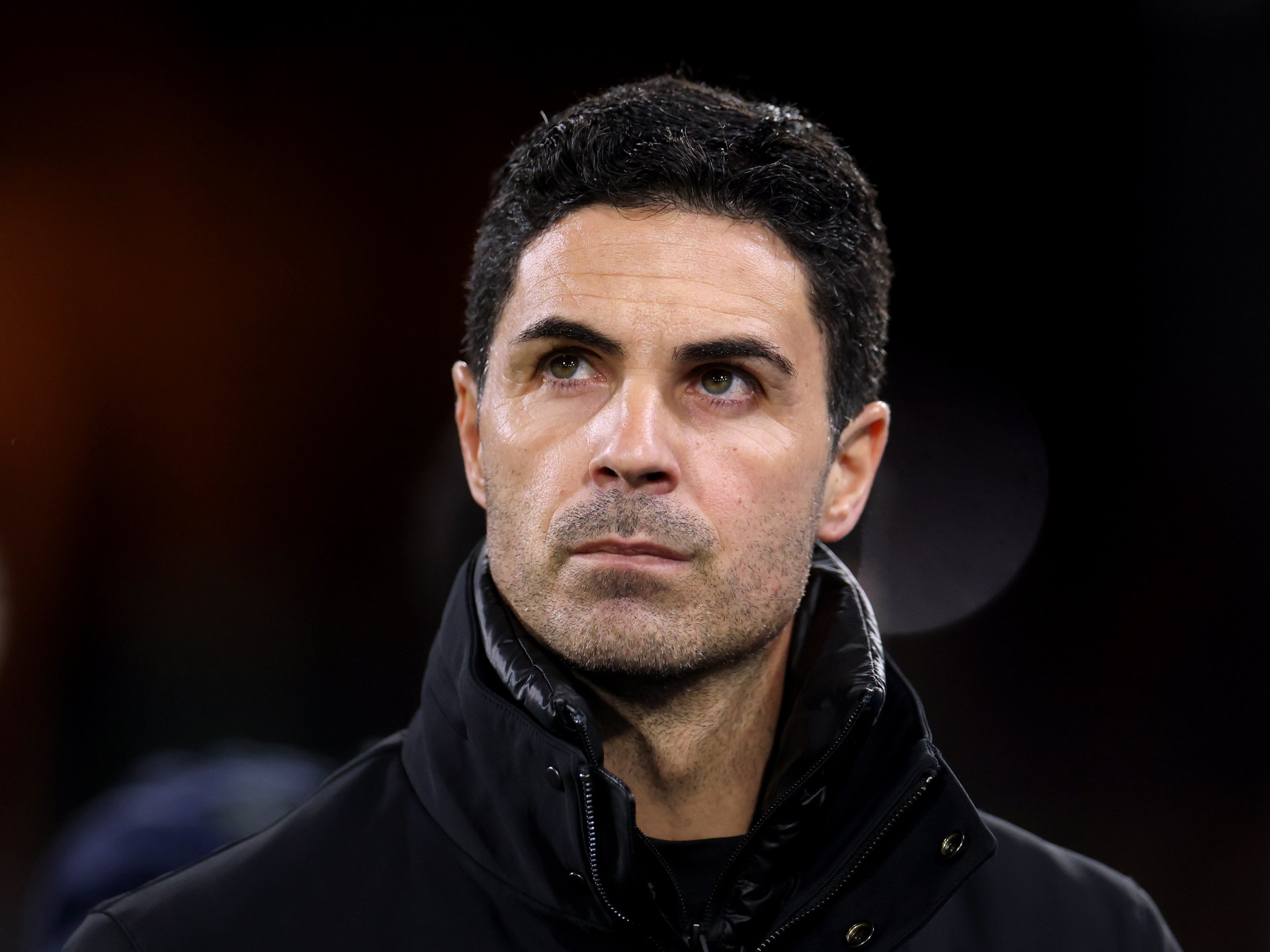
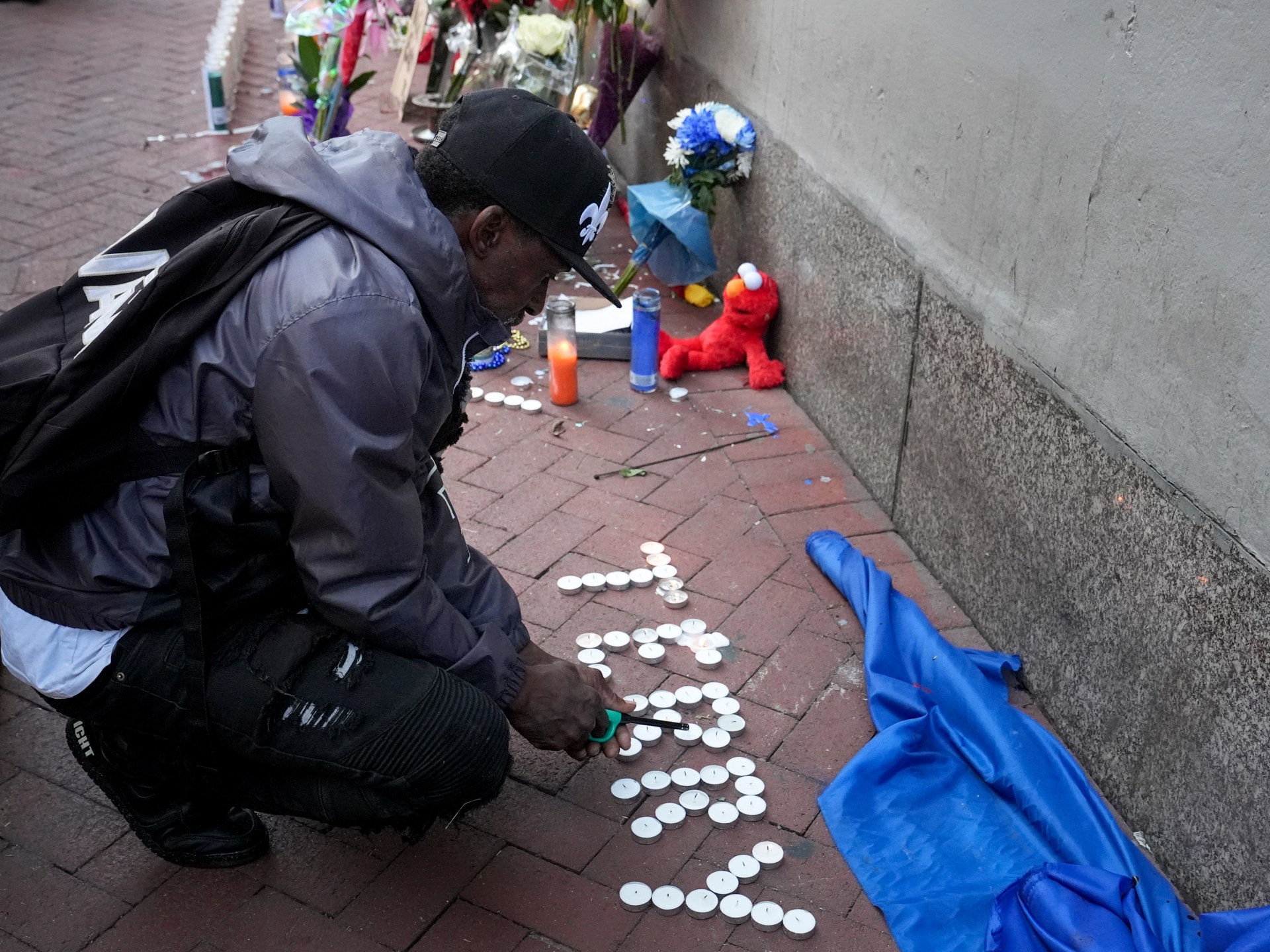
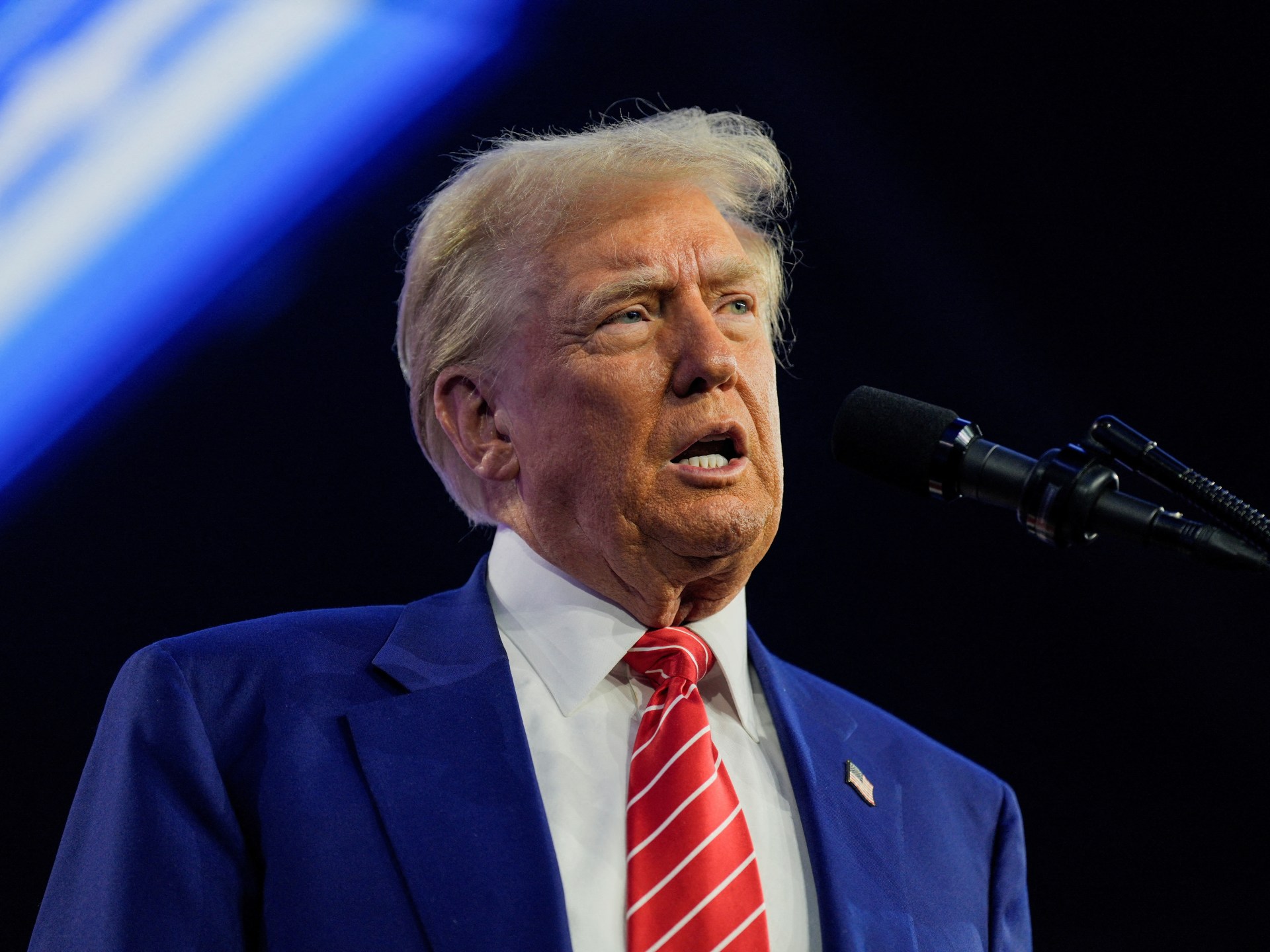
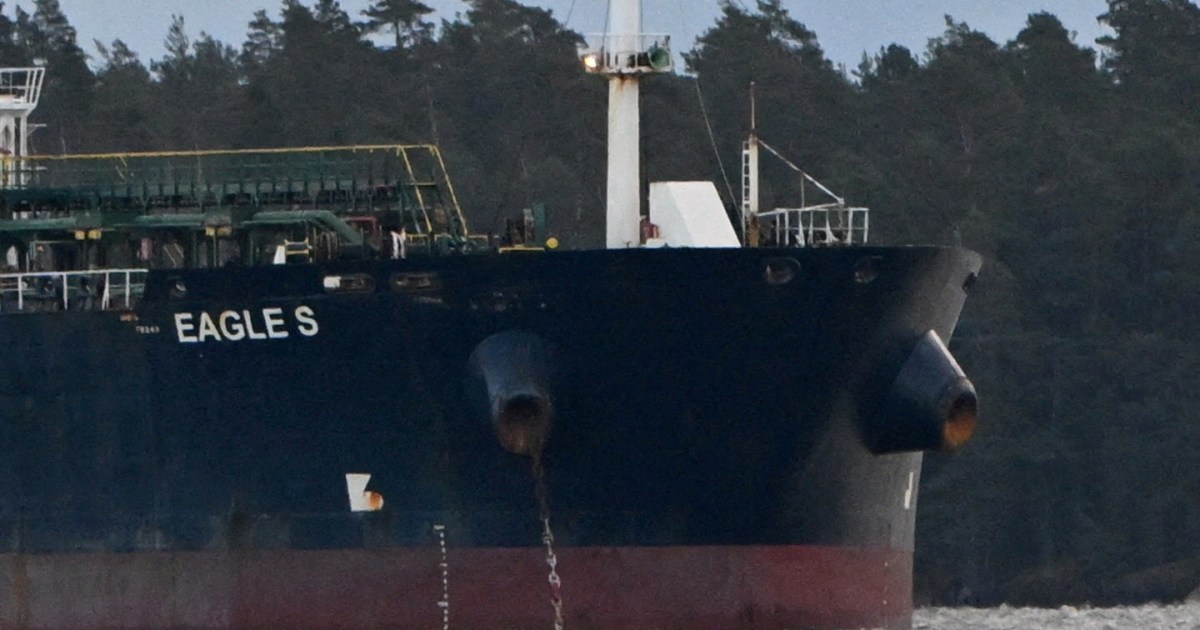

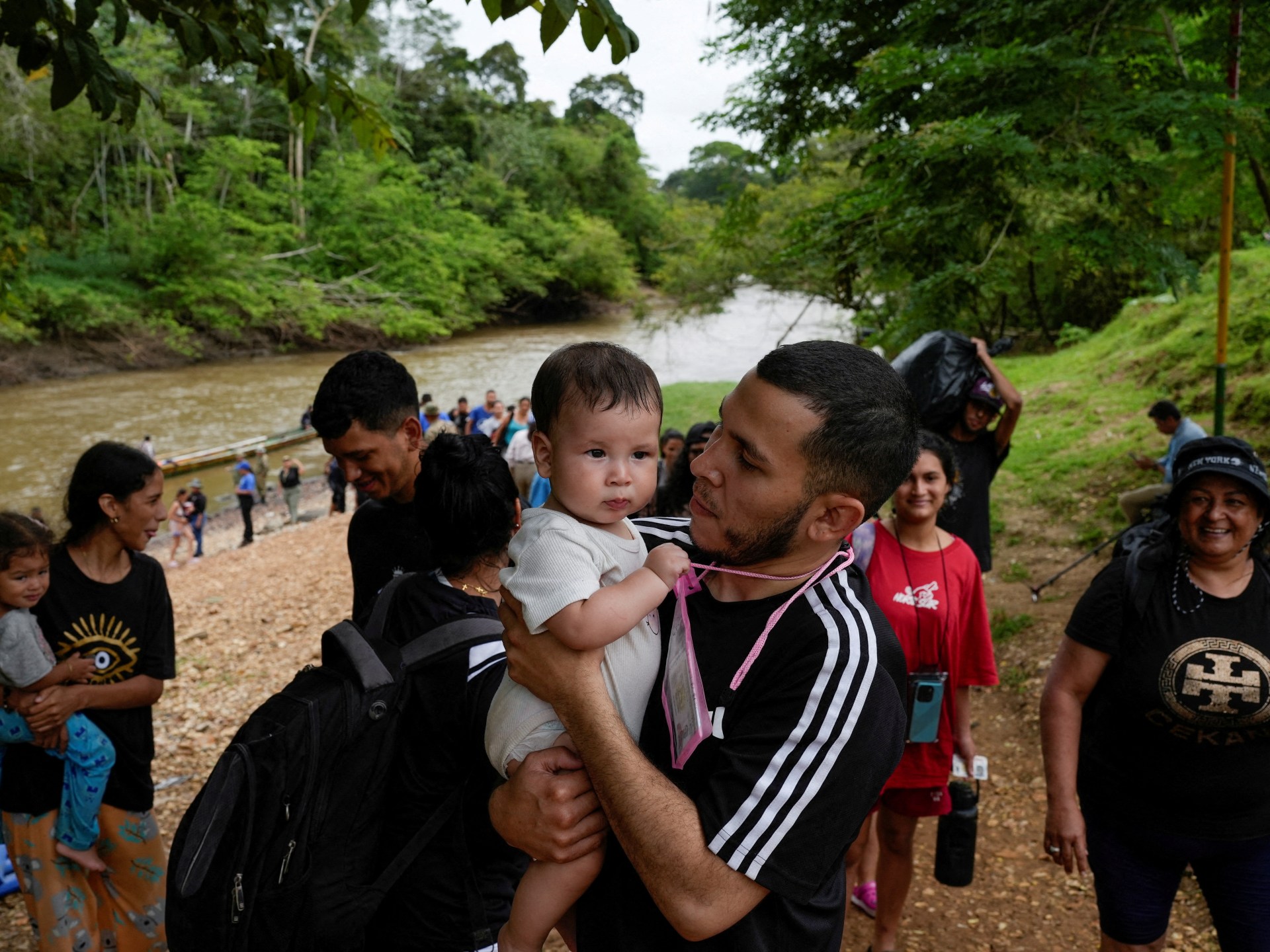
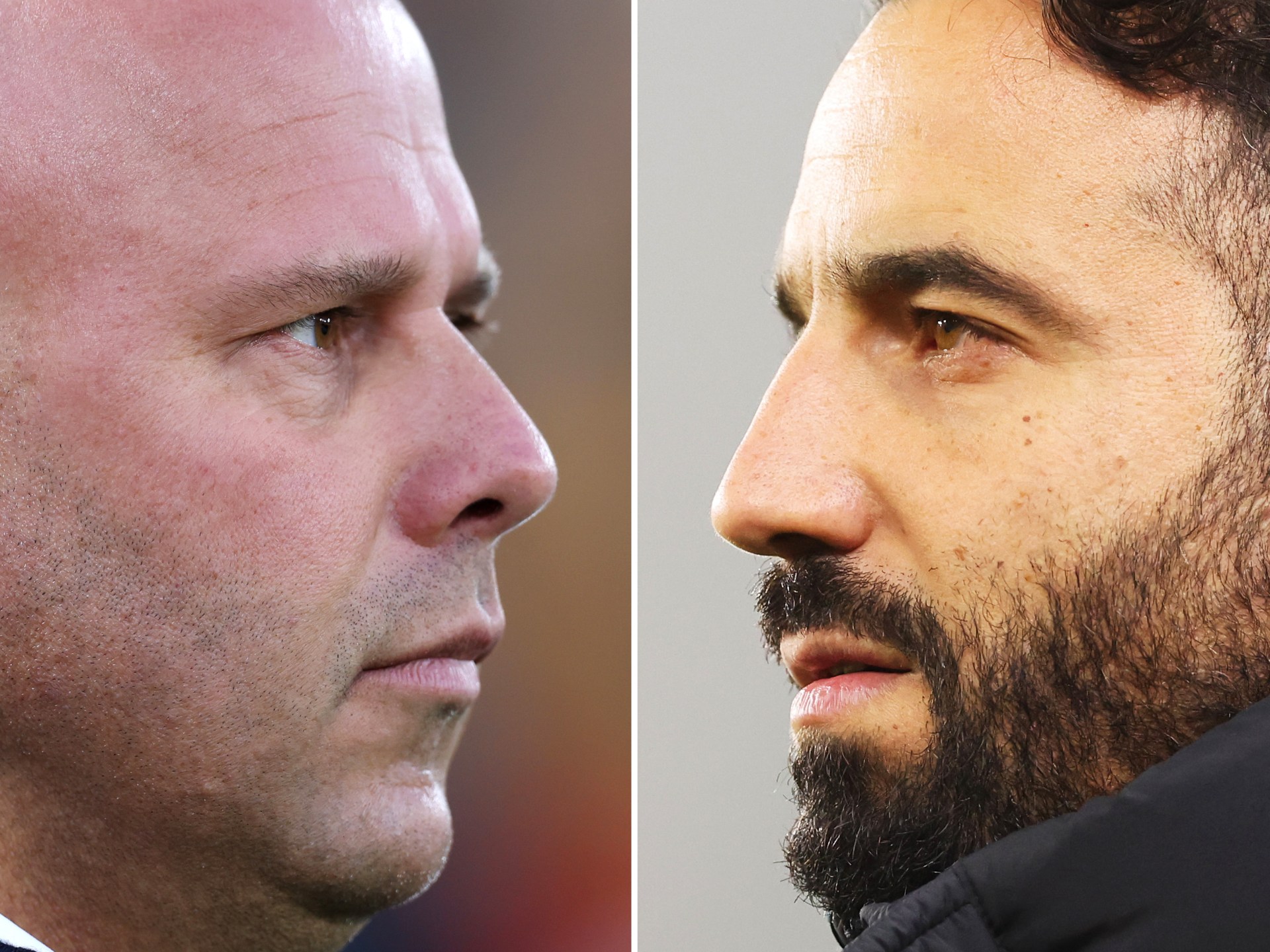



Leave a Reply